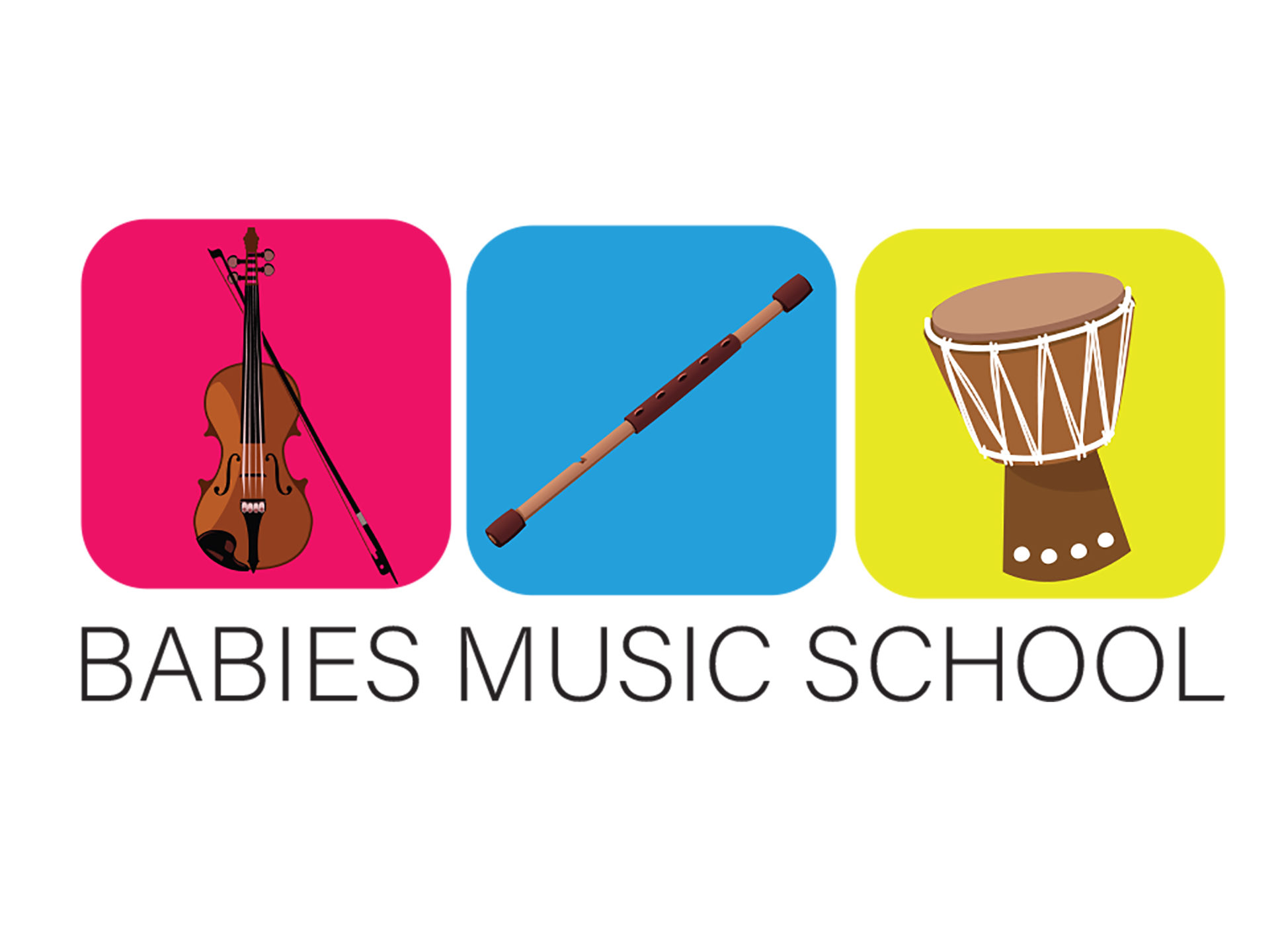Create your bonding blueprint by learning a short, fun and easy custom lullaby for baby – purchase The Soothing Sounds Secret now for only €6.99!
________________________________________________________________________________________________________________________
Music seems to “selectively activate” neurochemical systems and brain structures associated with positive mood, emotion regulation, attention and memory in ways that promote beneficial changes.
– Prof Kim Innes, PhD
Professor of Epidemiology
School of Public Health
West Virginia University, USA
The possibilities of music are endless and this program [www.babiesmusicschool.net]
provides an excellent beginning to any child’s life.
– Dr. Karen Falk (Spitzer)
B.A., DipEd, MA (Educ); M.Ed (Counselling Psychology)
Member of the Australian Psychological Society
In today’s world, filled with myriad parenting methods and high-tech toys that promise to enhance infant development, it is easy to overlook how fundamental is the time-honoured practice of music for all children —
starting pre-birth.
– Prof Graham Frederick Welch, PhD
University College, London
With the latest equipment, we can safely measure a baby’s response to any sound, and we can see which part of the brain is being affected by that sound. We can actually see what makes the baby happy, or restful, or
inquisitive, or disturbed and agitated.
The most effective music are the pieces which reinforce the familiar sounds of nature – the mother’s heartbeat and the rhythms of language. Classical music scores best in every case.
– Adriana von Runic, B.Mus Hons
Texas Tech University (Cert)
Lamaze Certified Childbirth Educator (Cert)
Heping Maternity Hospitals China (Cert)
In one study, infants were exposed to a specific musical rhythm – the waltz. We expected that infants in the music group would show greater neural activity in the auditory areas of the brain than infants in the control
group, but – to our surprise – infants in the music group also demonstrated much greater neural firing in the pre-frontal cortex, where attention is controlled and patterns are detected.
This means that the musical intervention affected a broader, and higherlevel, brain area – one that assists infants in predicting patterns in their environment.
– Dr. Patricia Kuhl: Music and the Baby Brain
Professor of Speech and Hearing Sciences,
Institute for Learning and Brain Sciences,
University of Washington, Seattle, USA
More Info
I am often asked why classical music is the best, and the answer is quite simple. It’s because classical music is more complex than most popular music. The masterpieces of Mozart have been scientifically linked with the
more complex sounds of nature, like the trilling of songbirds. The baby’s response to more complex music develops very quickly, compared to older children and adults. It’s a learning process which needs
to be managed carefully. New music needs to systematically reinforce what is already recognized and familiar. A random approach is far less constructive.
– Adriana von Runic, B.Mus Hons
Texas Tech University (Cert)
Lamaze Certified Childbirth Educator (Cert)
Heping Maternity Hospitals China (Cert)
Music is crucial for babies in every developmental sense: with regards to communication and language; emotional and social well-being .. it is only relatively recently that science has begun to elaborate in more detail the true extent of its significance.
– Prof Graham Frederick Welch, PhD
University College, London
In the study, 126 newborns in the music group and 134 in the control
group were assessed. The infants of mothers exposed to music during
pregnancy performed significantly better. The study concluded that
prenatal music exposure significantly and favourably influences neonatal
behaviour.
– Arya,Chansoria,Konankis,Tiwari
More Info:
https://www.ncbi.nlm.nih.gov/pubmed/22518187
https://www.cincinnatichildrens.org/bio/a/ravindra-arya
Prenatal exposure to music has positive effects on cognitive development, well being and behavior of the newborn. Listening to Mozart is fitness training for the young brain – music makes new connections in the brains and classical music to the most effective.
– Prof Ernst van der Wall, MD
University Medical Center
Leiden, Netherlands
A study by the American Music Therapy Association showed that listening to classical rhythms stimulated the production of endorphins or natural relaxants in the brain. This improves the mood and relaxes the
body. This calming effect can lead to improved mental health and increased learning abilities.
Many studies have ignored the value of “familiarity” – how hearing a familiar piece of music is so different from hearing something new. This familiarity can give the baby huge support in times of stress or anxiety. It
can prevent a feeling of abandonment.
Consider the Bach compositions which are closely linked to the impulses of a healthy human heart – what a comfort to the baby when a mother’s heartbeat, so constant and familiar during pregnancy, is suddenly absent
after birth. Similarly, the music which has been experienced by the baby as a fetus in the womb will resonate with powerful familiarity after birth. A careful balance of old and new is very, very important.
– Adriana von Runic, B.Mus Hons
Texas Tech University (Cert)
Lamaze Certified Childbirth Educator (Cert)
Heping Maternity Hospitals China (Cert)
Early music experience enhances an infant’s ability to detect and expect patterns. The effects go beyond sensory processing and prepare the brain circuitry for complex pattern recognition and success at cognitive tasks.
I study the effects of music on the baby brain. This shows how fundamental, seemingly unimportant experiences can change broad and important areas of the baby’s brain, and enhance the skill sets that these brain areas support.
– Dr. Patricia Kuhl: Music and the Baby Brain
Professor of Speech and Hearing Sciences,
Institute for Learning and Brain Sciences,
University of Washington, Seattle, USA
More Info
